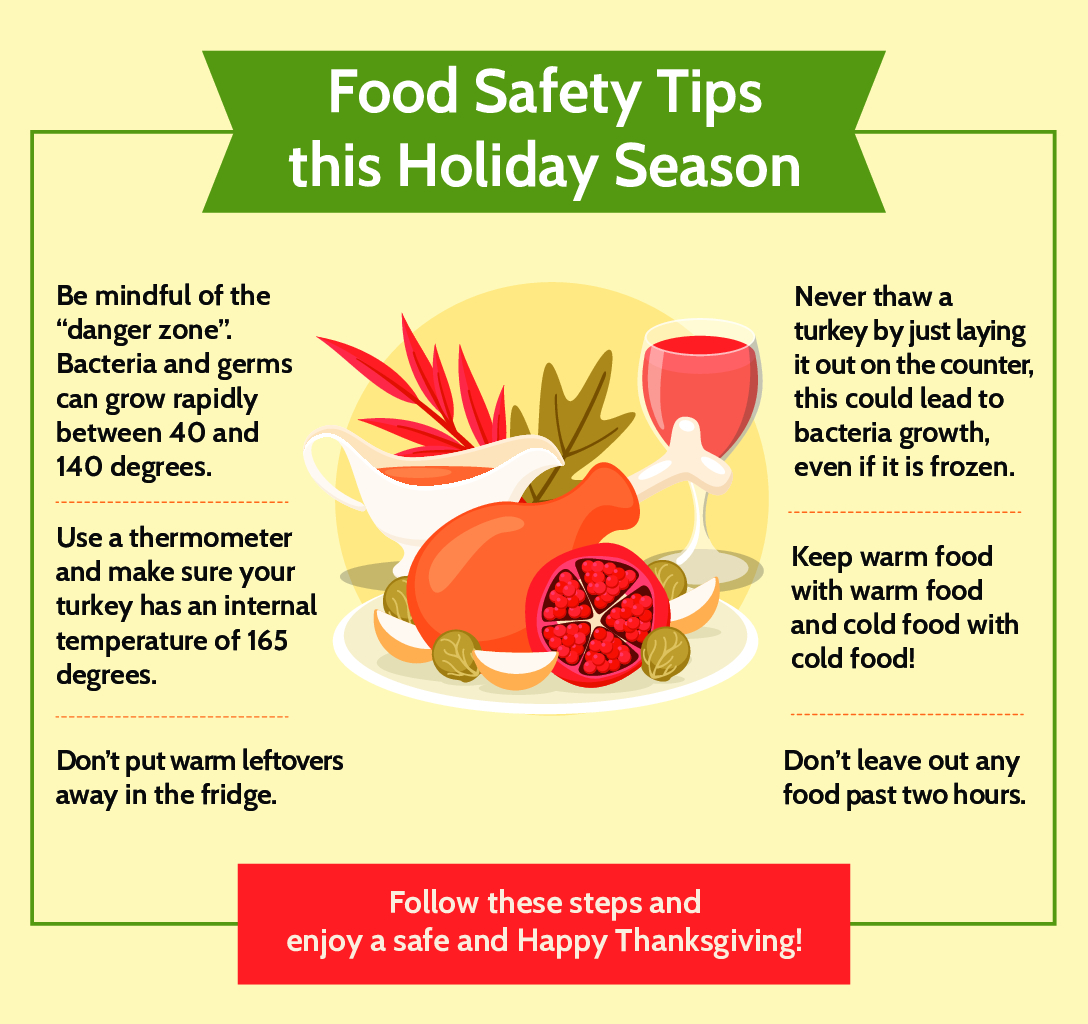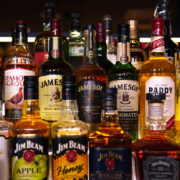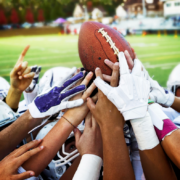 By Nancy Glick, Director of Food and Nutrition Policy
By Nancy Glick, Director of Food and Nutrition Policy
It is rare when new regulations from the Food and Drug Administration (FDA) warrant a song. But borrowing a phrase from Sam Cooke, FDA’s recent proposed rule changing the meaning of the term “healthy” has been a long time coming – 28 years to be exact. Yet, as the song goes “a change is gonna come.”
Why is this a good thing? Simply put, the term “healthy” is out-of-date, both with the state of nutrition science today and with the latest Dietary Guidelines for Americans, recommendations from experts on what to eat and drink to meet nutrient needs, promote health, and prevent disease.
Going back to 1994 when FDA’s old definition of “healthy” went into effect, the agency focused on individual nutrients in a food, not the actual foods we eat. Accordingly, foods now qualify as “healthy” if they are low in total fat, saturated fat, cholesterol and sodium and must contain a significant amount of fiber and at least two additional beneficial nutrients such as vitamins A, C, D, calcium, iron, protein, or potassium. This covers about 5 percent of foods, including white bread, highly sweetened yogurt, and sugary cereals.
The problem is that many healthy foods do not qualify for the use of a “healthy” claim based on FDA’s outdated standards. This includes avocados, nuts, seeds, olive oil, and salmon because they are high in fats now known to be heart healthy. And right now, plain, non-carbonated water and plain, carbonated water cannot be labeled as “healthy,” which makes no sense.
These absurdities have been apparent to consumer organizations for decades, but the impetus for change was the introduction of the KIND bar in 2015. KIND advertised its bars as healthy because they contain whole foods like nuts and grains, but because the nuts have more fat than what FDA now allows for a “healthy” claim, the agency sent a warning letter about the use of the claim. When KIND responded with a Citizen Petition that documented the healthfulness of nuts, FDA permitted KIND to use the term “healthy” and issued a proposed rule change in 2016, signaling its intention to revise the definition.
At the same time, nutrition science has evolved over 28 years. Not only is it clear that not all fats and carbohydrates are the same but getting the nutrients needed for a healthy diet result from making food choices based on healthy dietary patterns. This understanding is especially noteworthy because more than 80 percent of Americans consume too much added sugars, saturated fat and sodium but aren’t eating enough vegetables, fruit and dairy, according to the Dietary Guidelines for America, 2020-2025.
Based on these developments, FDA’s proposed rule will do away with counting individual nutrients in a food. Instead, FDA’s plan is to define the term “healthy” on food packaging based on two criteria:
- The product must contain a certain “meaningful amount” of food from at least one of the food groups recommended by the Dietary Guidelines, such as fruits, vegetables, or dairy; and
- The food must stay within specified limits for certain ingredients, such as saturated fat, sodium and added sugar, based on a percent of the Daily Value (DV) of the nutrient. This includes a limit for sodium of 230 milligrams (mg) per day, or 10 percent of DV per serving – an important action by itself since Americans on average consume 50 percent more sodium per day than is recommended in the Dietary Guidelines.
The proposed rule is also consistent with recent changes to the Nutrition Facts label. For example, the Nutrition Facts label must now declare added sugars to help people maintain healthy dietary practices.
Applying these criteria, a cereal could only carry a “healthy” claim if contained ¾ ounces of whole grains and no more than 1 gram of saturated fat, 230 milligrams of sodium and 2.5 grams of added sugars. This would disqualify almost all breakfast cereals now marketed to children.
To help make the new “healthy” claim meaningful for consumers, the FDA is also researching a symbol that food manufacturers can use on the front of the package. The symbol would act as a quick signal that the food contributes to a healthy dietary pattern and is part of a labeling system the National Consumers League has long supported.
FDA’s proposed rule addresses several of NCL’s food policy issues. For many years, we have been pressing for a new definition of the term “healthy” that aligns with the latest nutrition science and we support a “Traffic Light” symbol to depict “healthy” foods on the front of the package. We also have been at the forefront in pressing for ways to lower excess sodium in the diet.
But while we believe FDA’s plan is a significant step forward for consumers, there are still some shortcomings. Although the Dietary Guidelines call on consumers to limit calories from added sugars and fats, FDA’s proposed rule fails to consider calorie limits.
Moreover, the new rules won’t stop “healthy” products from being loaded with artificial colors and will have the unintended consequence of incentivizing food processors to replace natural sugar with questionable artificial sweeteners and sugar alcohols without disclosing these ingredients. Even as NCL has advocated for a modernized definition of the term “healthy,” we have been supporting a Citizen Petition to ensure transparent labeling of substitute sweeteners, which have surged in use by more than 300 percent in the last five years and can produce digestive effects. The Citizen Petition asks FDA to add the term “sweetener” in parentheses after the name of all non-nutritive sweeteners in the ingredient list, and for children’s food and beverages, to indicate the type and quantity of non-nutritive sweeteners, in milligrams per serving, on the front of food packages.
FDA published its proposed rule, Food Labeling: Nutrient Content Claims; Definition of Term “Healthy,” in the Federal Register on September 29, 2022, and is encouraging anyone interested in the topic to submit written comments by December 22. NCL plans to use this opportunity to ensure the consumer’s voice is heard and to offer solutions that will advance better food and beverage choices. We all have a stake in labeling claims that are science-based and ensure that consumers have access to more complete, accurate, and up-to-date information about the foods they consume and serve their families.
 By Ryan Barhoush, Food and Nutrition Program Associate
By Ryan Barhoush, Food and Nutrition Program Associate





 By Nancy Glick, Director of Food and Nutrition Policy
By Nancy Glick, Director of Food and Nutrition Policy













